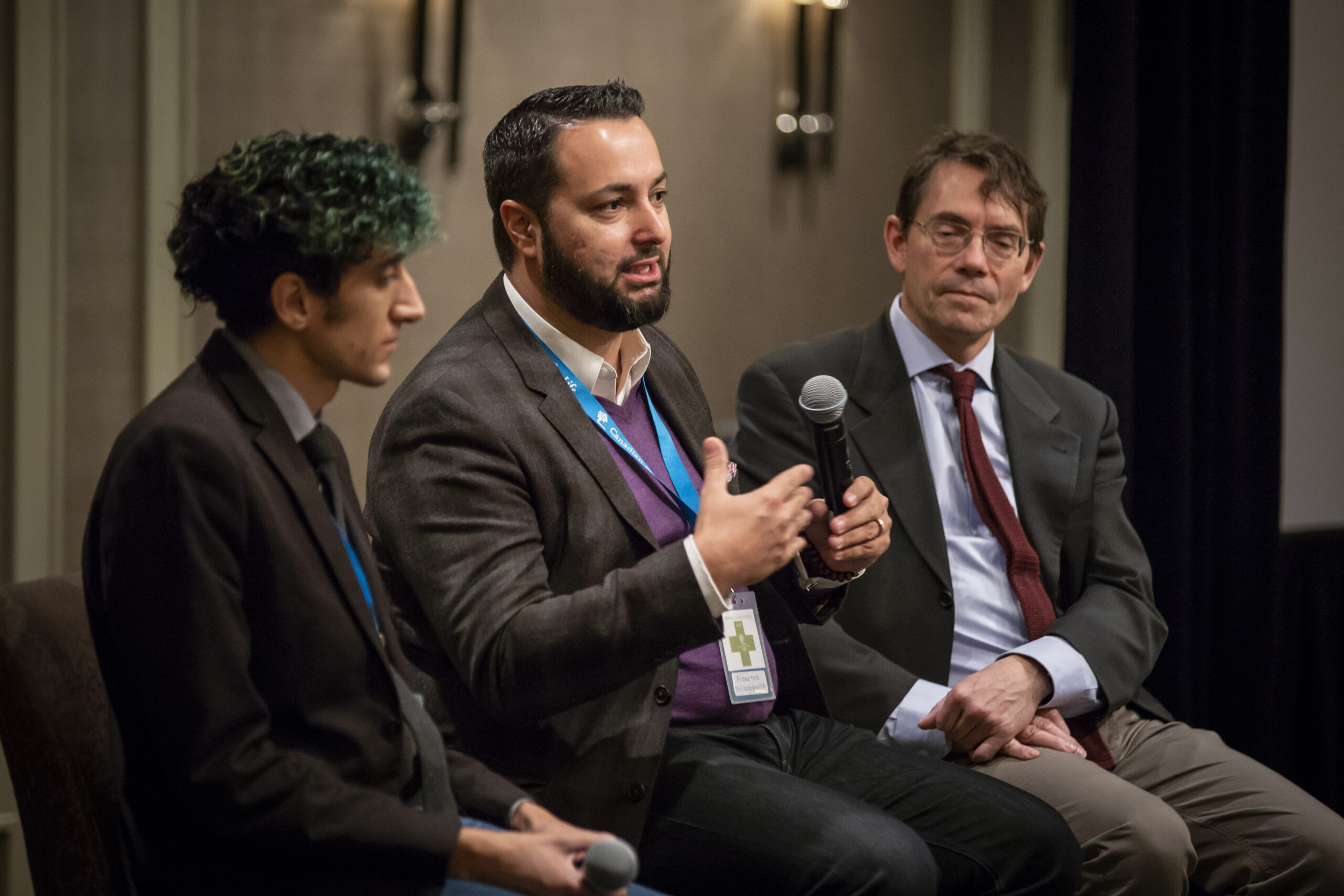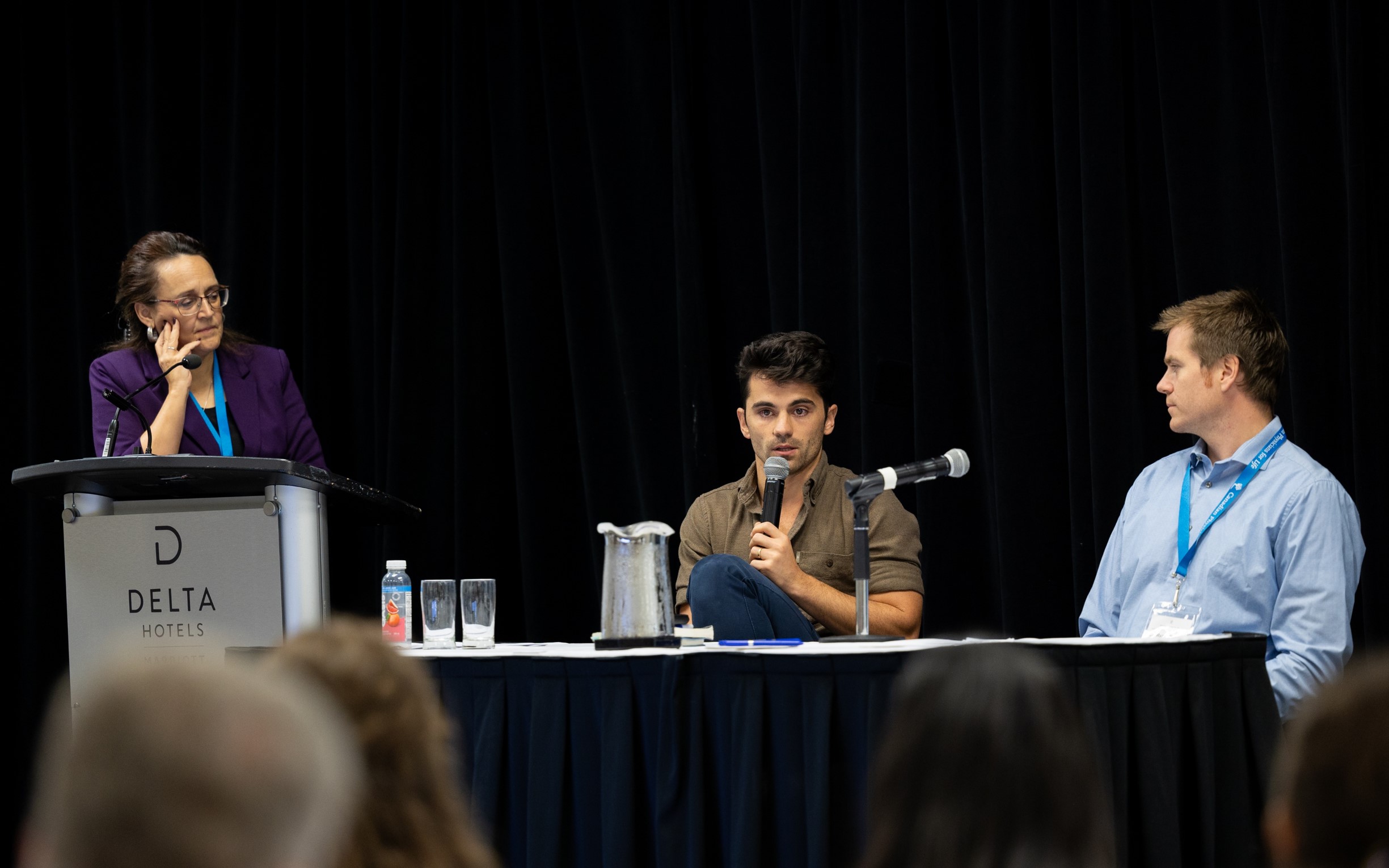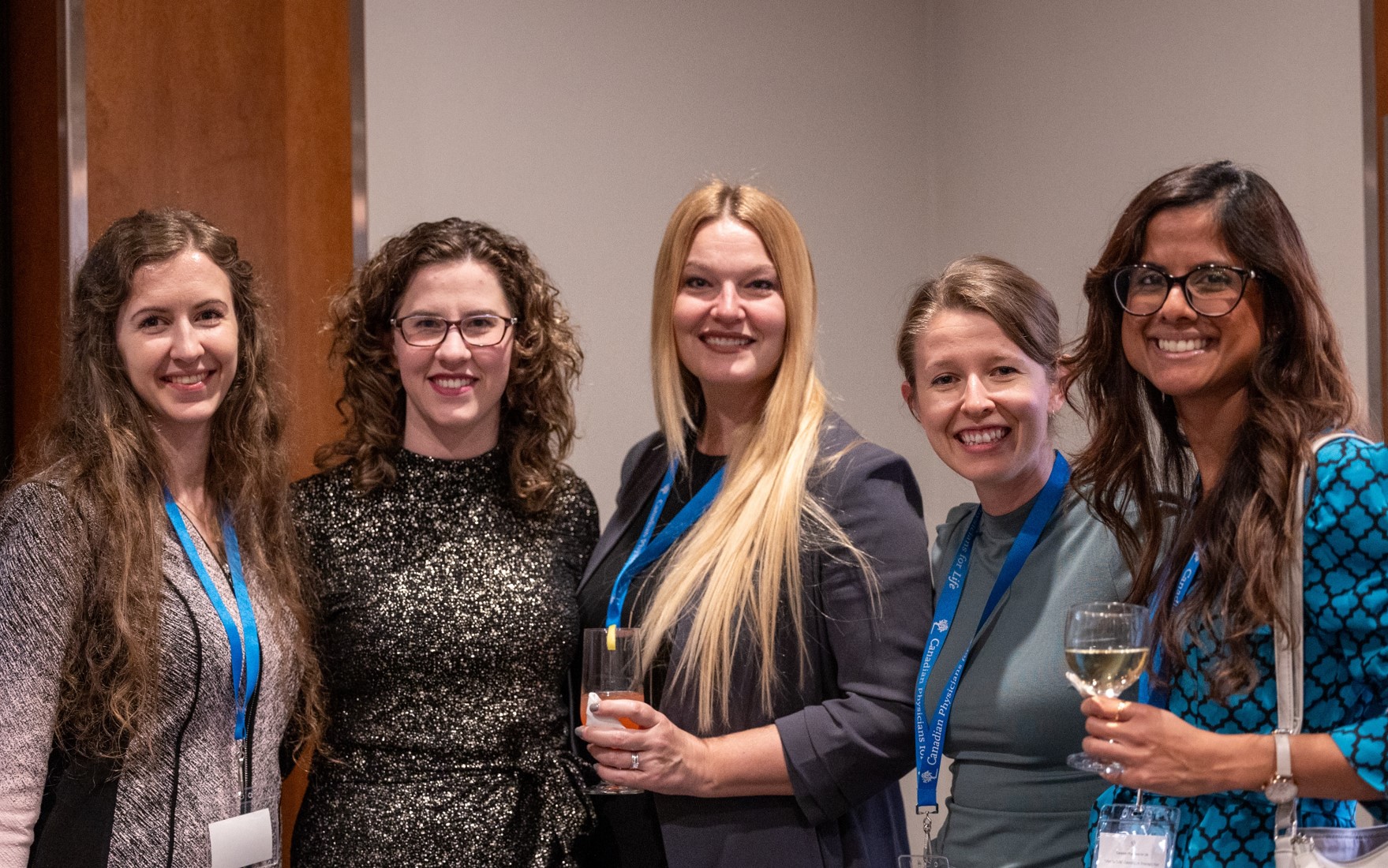
The Opioid Crisis Is A Pro-life Issue
This week we bring you a roundup of stories on the opioid crisis and invite you to reflect on what it means for this to be a life issue.
According to a new federal report, “Cannabis consumption among Canadian youth and young adults is one of the highest in the world and there is evidence that cannabis use poses a significant health risk during adolescence, in particular interfering with brain development.”
Drawing on this report and Blacklock’s Reporting, this Western Standard article reports that “federal research suggests that children perceive cannabis as a natural means of relaxation from stress, such as schoolwork or loneliness.”
Earlier this month, Adam Zivo had an extensive special report in the National Post on “how drugs handed out for free are being sold on the black market to fund fentanyl addictions.”
The National Post editorial board published this NP View piece, “Liberal response to drug crisis reveals incompetence.”
In The Globe & Mail, you’ll find this piece, “Methamphetamine use is on the rise, worsening Canada’s already complex opioid crisis.” In this article, it says:
According to a recent study, published in the Canadian Journal of Psychiatry and co-authored by Dr. Bach, the rate of amphetamine-related emergency department visits in Ontario increased nearly 15-fold between 2003 and 2020. The rise was most dramatic over the past 10 years, and the researchers noted polysubstance use is now common. […]
“But in my world, a very common reason for the use of stimulants is survival,” Dr. Bach said. He explained some people who are homeless or unstably housed use methamphetamine to stay alert to avoid being assaulted when spending the night on the street, or in a shelter. Some also use it to cope with cold outdoor temperatures.
Dr. Nickel said he has also heard of people using methamphetamine to suppress their hunger.
The opioid crisis is severe. The responses are varied.
Where is the pro-life community?
How can we best respond to those in our families and communities who are struggling with addiction, with this control that seeks to soothe?
Something that euthanasia and drugs have in common is that they are sought to mask and soothe underlying distress. As such, in is incumbent upon us to heed this cry for help. It may be messy. It may be deeply sad. We will lose people along the way. But what makes all the difference is if we do not abandon anyone. This will be the measure of our humanity and the most important intervention in anyone’s story.
Dr. Quentin Genuis works at St. Paul’s Emergency Department in downtown Vancouver. He is responding to patients suffering drug overdose every day in the Emergency Room. As an ethicist he will discuss “What Is the Right Response to the Opioid Crisis in Canada?”
Our 2023 Annual CPL Conference theme is be, “I Want You To Be: Celebrating Life, Encouraging Hope.”
This conference will take place in Ottawa, ON from October 27-29th, 2023. See the conference details and get your tickets here.
This post first appeared in Vital Bylines. Sign up below to receive Vital Bylines weekly.
You Might Also Like
Follow US:




